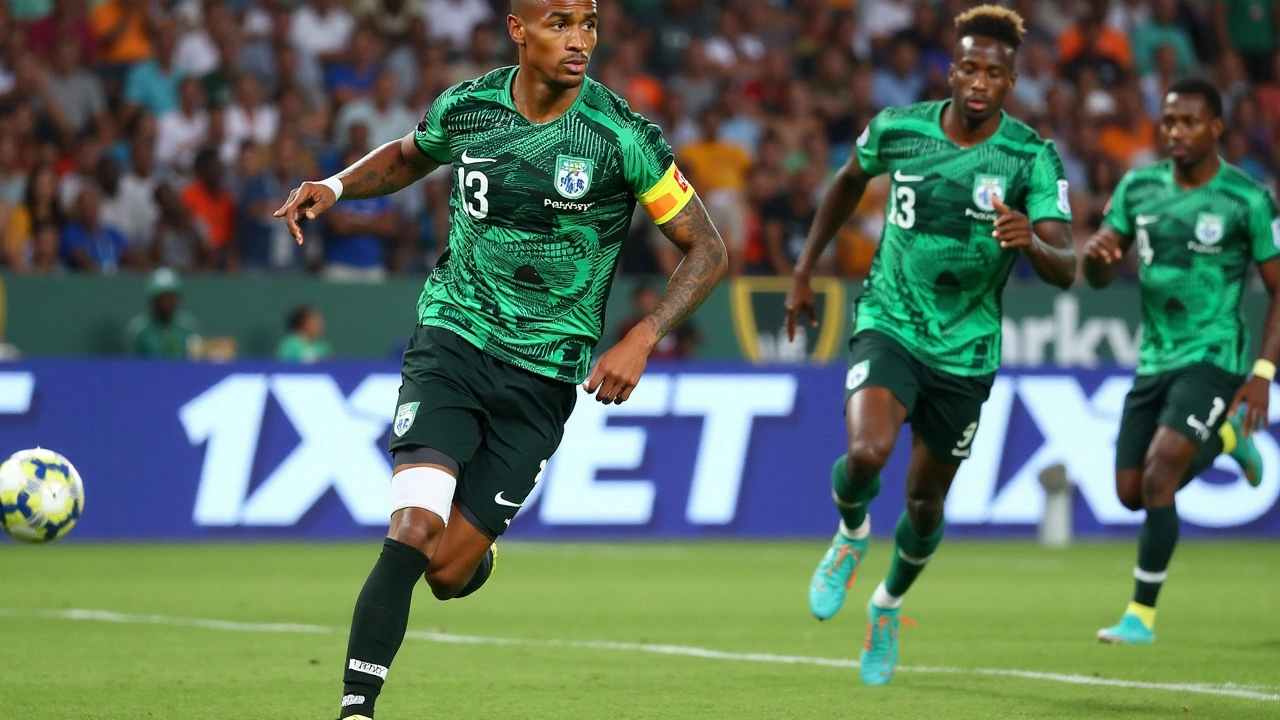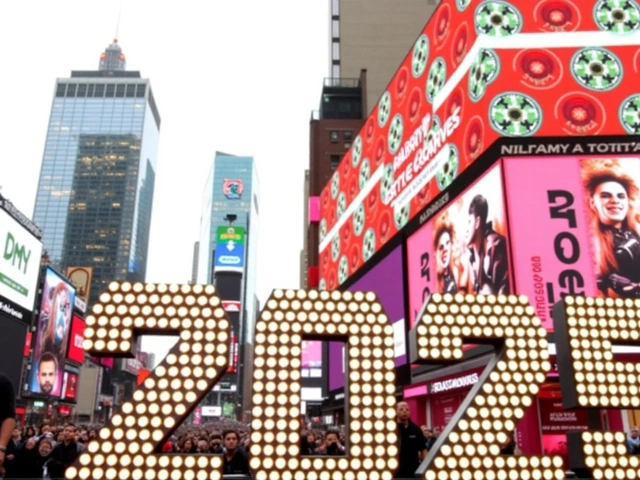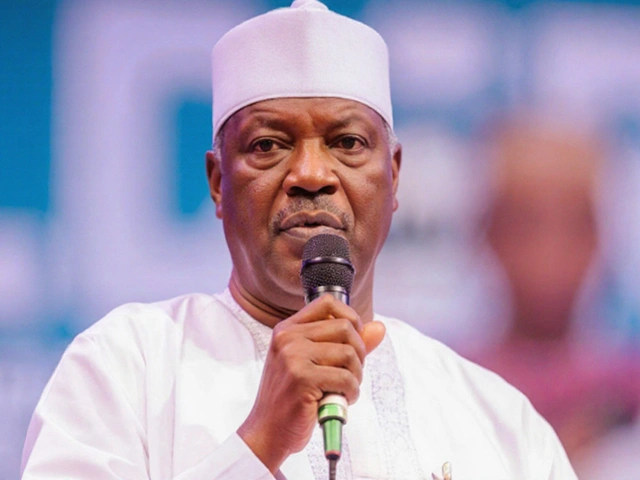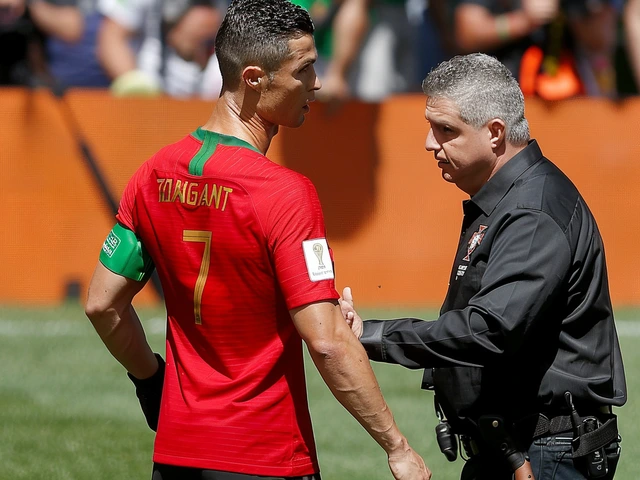Libya boycott: latest news, reasons and what to watch
Boycotts tied to Libya can pop up fast — from political campaigns to trade decisions and sporting protests. If you want clear, fast updates, this tag collects the latest reports, reactions and the practical effects on people, companies and travel.
What triggers boycotts in Libya?
Most boycotts start as a reaction to politics or human rights concerns. Opposition groups, civil society and diaspora communities may call for consumer or cultural boycotts to pressure leaders or foreign actors. Businesses sometimes face informal trade boycotts when local suppliers or customers withdraw support over a dispute.
Internationally, governments and organisations can push economic measures or sanctions that look like a boycott. Sporting or cultural events may be targeted too — teams, artists or sponsors can be pulled from shows or matches as a form of protest. Each type of boycott has different timelines and effects: political boycotts aim to influence policy, trade boycotts hit revenues, and sporting boycotts shape public attention and reputation.
How boycotts affect you — and how to follow them
If you run a business, a local boycott can disrupt supply chains and customer demand. Watch payment delays, contract pauses, and local media to spot trouble early. For travellers, boycotts sometimes lead to event cancellations, transport issues or safety concerns — check official travel advisories and airline updates before you go.
Want to follow developments without getting overwhelmed? Look for these signals: statements from major groups, trade data changes, official government notices, and event cancellations. Reliable sources include government press releases, the International Organisation for Migration, major local news outlets, and statements from affected companies. Be skeptical of single social posts that lack verifiable details.
How we cover it: we track verified statements, on-the-ground reporting when available, expert analysis on economic impact, and timelines of major moves. Our updates separate confirmed actions from calls to act, so you know what’s happening now versus what people are urging others to do.
Practical tips you can use today: check multiple sources before reacting, contact local chambers of commerce if you run a business there, and sign up for alerts from your embassy if you plan to travel. Companies should run simple risk checks: who are key suppliers, what contracts include force majeure, and how quickly can you shift logistics if needed.
Looking for specific stories? Use search terms like “Libya boycott trade”, “Libya sporting boycott”, or the name of the group or company involved. You can also follow related tags for sanctions, protests, and regional politics to see the bigger picture.
Want timely updates? Subscribe to our alerts or follow Ginger Apple News on social for breaking reports and short explainers. We aim to keep you informed with clear facts and useful steps — no hype, just what matters next.
Nigeria National Team Withdraws from AFCON 2025 Match in Libya Citing Safety Concerns
By Sfiso Masuku On 15 Oct, 2024 Comments (13)

The Nigerian national football team has taken a stand by boycotting the 2025 Africa Cup of Nations qualifier match in Libya. This bold move comes after the team endured what they describe as 'inhumane treatment' upon their arrival in the host country. The players were stranded at an airport for over 17 hours, prompting safety concerns that led to their decision. The ongoing tensions have sparked reactions from former players and officials alike.
View More




